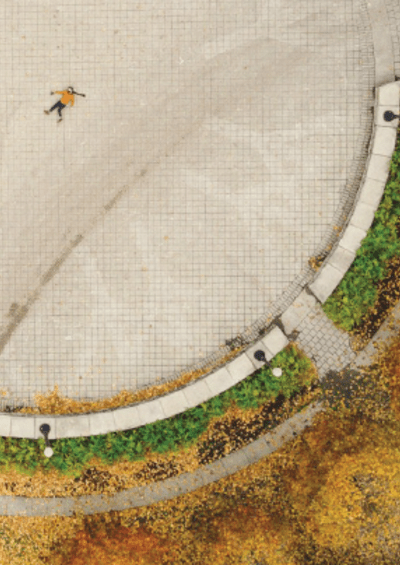Circular Cities and the Just Transition
Keeping valuable resources and materials in circulation reduces scarcity and alleviates the cost of living crisis. It is just one example of how the circular transition is also a just transition. More examples of how European cities use circular economy activities to create a more just, inclusive and equitable society can be found in the CCD Report 2024.
Repair and reuse is one of the keys to ensure marginalised communities benefit from the circular economy. Esch-sur-Alzette (Luxembourg) grants subsidies for repairing household appliances, while Ljubljana (Slovenia) and Oulu (Finland) collect used textiles and garments to be distributed among those in need. Fingal (Ireland) does the same with bicycles and musical instruments.
The CCD report also shows how much the food sector enables cities to combine circular and social activities. Food redistribution platforms, in which cities such as Bruges (Belgium), Budapest (Hungary) and Vallès Occidental (Spain) collect unconsumed excess food and deliver it to the most vulnerable sectors of society. The participation formulas related to these platforms can take on many different forms. Porto has, for example, set up Municipal Solidarity Restaurants that follow a circular approach.
Many cities use their circular actions for the development of sharing or social economies. Many of those initiatives promote community-based solutions. This builds social cohesion, while instilling a common sense of ownership that promotes responsibility. The urban gardens in Évora (Portugal) and Rivas Vaciamadrid (Spain) are a great example of this. Other cities in Europe, such as Temse (Belgium) and Florence (Italy) have created libraries for bikes and tableware respectively. In doing so they contribute to sharing economy, which aims to reduce the overall material footprint of day-to-day activities by removing redundant resources, while making the access to goods more attainable.
More information on these and other circular economy activities can be found in the CCD report here. The report, featuring contributions from 54 cities and metropolitan areas (all signatories of the Circular Cities Declaration), provides a detailed overview of the circular strategies and actions implemented in each contributing city. In addition, readers will find perceptive analyses from ICLEI Europe, the Ellen Macarthur Foundation, and Circle Economy, unveiling the main trends and key priority actions to accelerate the transition to a circular way of living.
